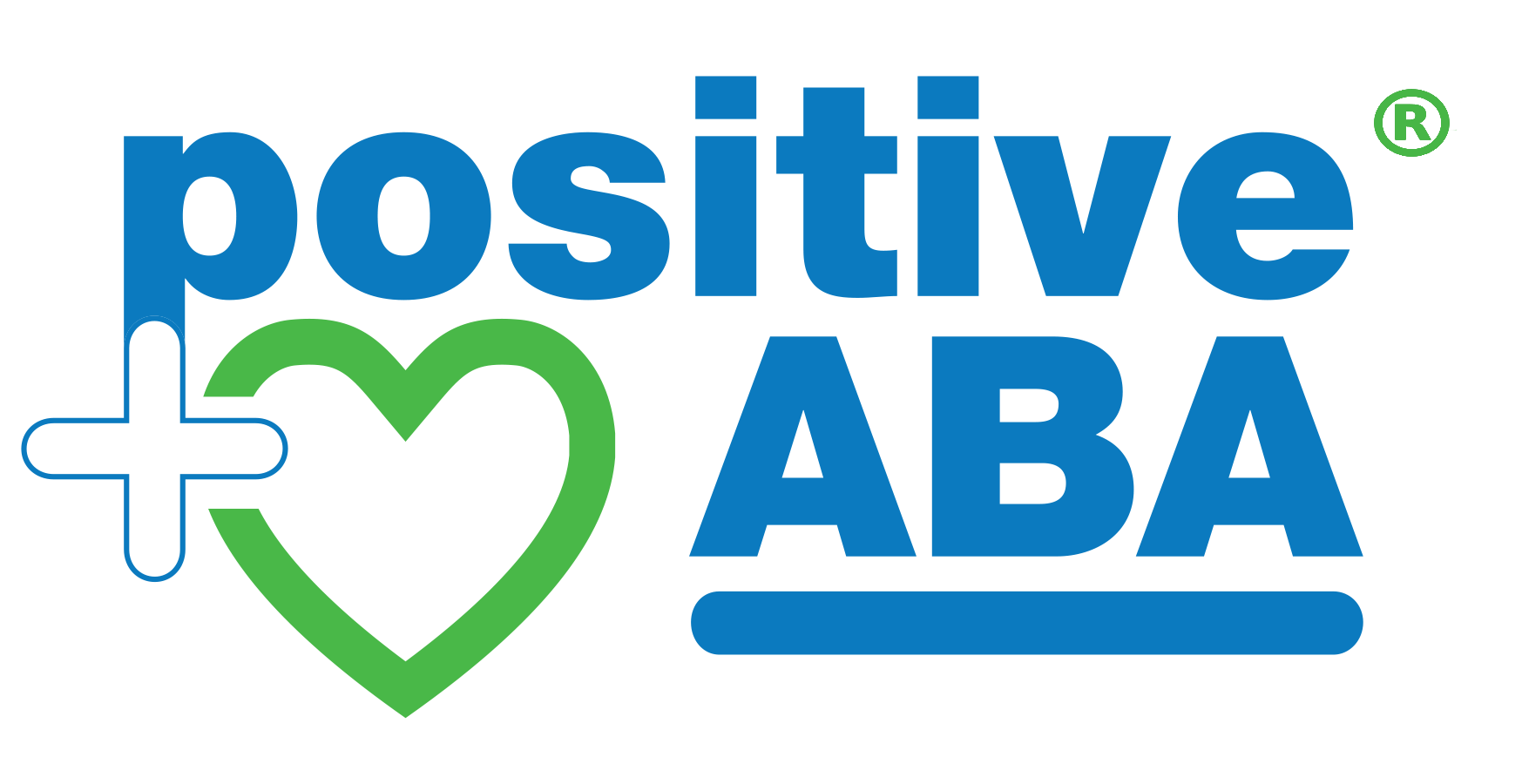ABA principles are used in a variety of settings to refine skills, reinforce appropriate behavior, and eliminate target behavior.
The Positive ABA Difference
We offer diverse and individualized services that tailored to meet the needs of clients, their families, and professionals interested in joining the field of Applied Behavior Analysis! We provide an exceptional level of service that separates us from the competitors. Our services are mutually beneficial and provide the best possible outcome and level of excellence in every aspect.
Population Served
Positive ABA serves multiple populations with varying areas of disabilities, ages birth to adult, with differing types and levels of services, across a variety of locations nationwide. Our company is dedicated to providing quality long and short term services to families, schools, and professionals.
Common Diagnoses of our Client Base
Autism (Autism Spectrum Disorder), Asperger Syndrome, Rhett Syndrome, Attention Deficit/Hyperactive Disorder(ADHD & ADD), Obsessive Compulsive Disorder, Learning Disability, Child Degenerative Disorder, Sensory Integration Disorder, Global Cognitive Delays, Down Syndrome, Williams Syndrome, Fetal Alcohol Syndrome, Traumatic Brain Injury, Prader-Willi Syndrome, Cerebral Palsy, Social and Generalized Anxiety, Emotional Behavioral Disorder, Oppositional Defiant Disorder, Speech Delay, Pervasive Developmental Disorder – Not Otherwise Specified (PDD-NOS), No Diagnosis.
Commonly Requested Areas of Support
Skills assessment and prioritizing goals; Behavioral intervention [Functional Behavior Assessment]; Crisis management; Social skills; Basic learner skills; Cognitive skills; Sensory regulation; Language acquisition [using Applied Verbal Behavior]; Advanced language development; Safety skills [including stranger awareness, home and environment safety training]; Understanding personal growth and hygiene; Academic skills (including reading and math; Classroom management; Memory and organizational skills; Generalization; Theory of mind and perspective taking; Fine motor skills; Gross motor skills; Self-help skills; Feeding therapy; Toilet training; Vocational skills; Transition plans; Vocational training; Coping skills; Emotional regulation; Legal and IEP support; and School/home training support.
Specific Behavioral Supports
Functional Behavior Assessment
Observing an individuals behavior and systematically evaluating to determine why the behaviors are occurring.
Behavior Support Plan
An individualized plan detailing what skills need to be taught and what supports need to be put into place to shape an individual’s behavior. This living plan typically includes strategies for home and school as well as one-on-one training support.

